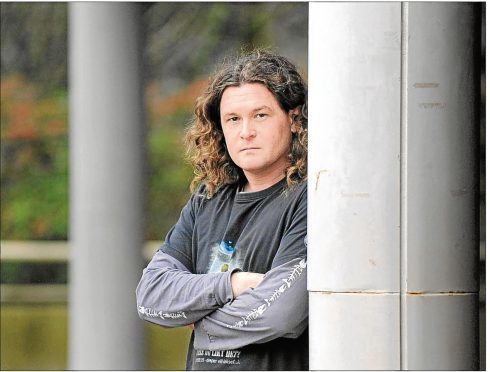Salmon farmer Cooke Aquaculture Scotland (CAS) insisted yesterday it had never discharged untreated wastewater from its Mid Yell packing facility in Shetland, despite an inspection report saying otherwise.
Canadian-owned CAS said it had contacted the Scottish Environment Protection Agency (Sepa), asking it to “correct errors” in its report.
The issue came to light after Don Staniford, an arch critic of “factory” salmon farming over many years, claimed “damning evidence” obtained under freedom of information rules highlighted breaches of the industry’s code of practice relating to the spread of infectious diseases.
According to Mr Staniford, representing the Global Alliance Against Industrial Aquaculture, untreated overflow from blood water tanks and “raw effluent” was discharged into the sea at Mid Yell Voe, creating a “significant disease risk”.
Sepa chief officer Anne Anderson confirmed the investigation followed a complaint about odour and effluent discharge from CAS’s site at Mid Yell last August.
She added: “Sepa works every day to protect Scotland’s environment and investigates reports of suspected pollution when we receive them.
“A Sepa officer attended the site to carry out an inspection. The inspection identified problems with odour and a discharge of effluent. Sepa’s report was based on the information supplied by the operator at the time.”
She said CAS had since advised that the discharge from a manhole was treated, adding: “The fact remains the discharge should not have happened.
“The operator agreed immediate actions to address odour and effluent discharge, including improved cleaning of the filtration system, alterations to a manhole cover and improved bunding.”
CAS had taken action to resolve the issue, she said, adding: “We are satisfied that our requirements have been met and an inspection will be carried out in due course.”
A statement from CAS said: “Cooke Aquaculture Scotland has never discharged untreated wastewater from its Mid Yell packing facility and the company has requested that the Scottish Environment Protection Agency correct errors in their report noting otherwise.
“The Sepa report was issued in connection with an odour issue at the packing facility in August. The odour came from treated water foam in a manhole at the facility. The wastewater had been treated through two filter processes and ozonation. The wastewater had an odour but it was not untreated as the Sepa report states. The company corrected the odour issue immediately.”
Meanwhile, a new report from the Scottish Association for Marine Science has said there is an “urgent” need for new predator deterrents at fish farms to prevent more seals being shot.
